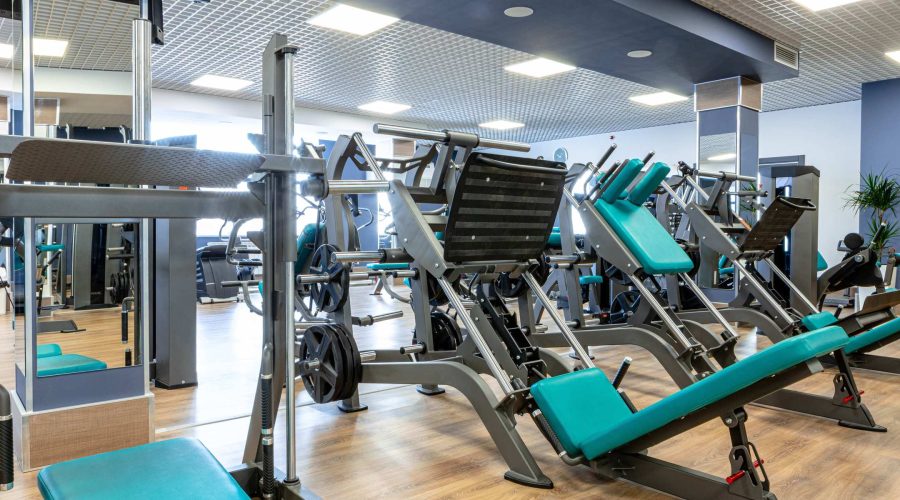Companies and those working within facility management sector have the unenviable role of weighing up the advantages and disadvantages of outsourcing facilities management. One of the most frequent questions has to be, “What is the return and benefits on for me or my company if I outsource facilities management and maintenance works?” The answer to this is simple:
Benefits of outsourcing maintenance to KKC
- The potential to reduce your overall running costs – who doesn’t want to save money?
- Allowing your organization to focus on core activities rather than the maintenance issues that may arise.
- Freeing your organization from costly investment in new technology as it is provided by us.
- Reducing your direct management responsibility for recruitment, appraisals and grievance handling.
- Providing opportunities to replace old out-of-date working practices.
- Time freedom – less time spent solving and repairing issues as it is now within someone else’s care meaning time can be spent elsewhere.
- Minimized stress – who doesn’t want minimized stress? At KKC we deal with the issue from start to finish, ensuring it is a streamline, stress – free process for our clients.
Having looked at the list of benefits of outsourcing facilities management for your cleaning contracts, food outlet services, security equipment or building repairs, there are some further factors to consider:
Staff management
Managing currently employed staff is challenging with outsourced facilities management. The TUPE transfer of staff process can be difficult for all concerned and raises many ethical issues. Will staff retain the same terms, conditions, the standard of employment protection, pay and pension provision?
Many potentially outsourceable roles are vital to an organization’s successful functioning. Though tapping into cost savings and expertise beyond the business is a great benefit, it’s important to maintain staff morale, motivation and enthusiasm for their role.
Costs and expertise
When outsourcing, consider the cost savings, specialisms and broader industry knowledge of best practices that may not otherwise be to hand.
The ability to concentrate on core business while specialist facilities providers effectively take away the burden of the estates’ upkeep can reduce costs and ensure compliance expertise alongside industry standards authorities.
The right expertise removes the likelihood of potential reputational damage from non-compliant services. Organisations need to adhere to all legislative standards.
Risk mitigation
Managing facilities with many providers may not maximise efficiencies and cost savings, but a multi-specialist approach can mitigate financial risk.
If something goes wrong with the internal facilities management team, this can have wide-ranging consequences. Outsourcing aspects of facilities management can help to minimise disruption across the organisation, only affecting parts of the business. For example, switching cleaning suppliers in isolation is relatively straightforward.
If you want to find an organisation to support facilities management, to achieve value for money while protecting your core business from risk, get in touch





